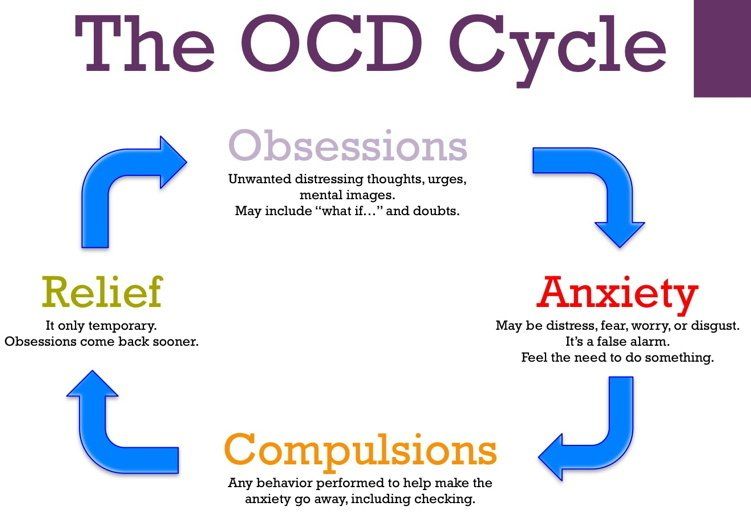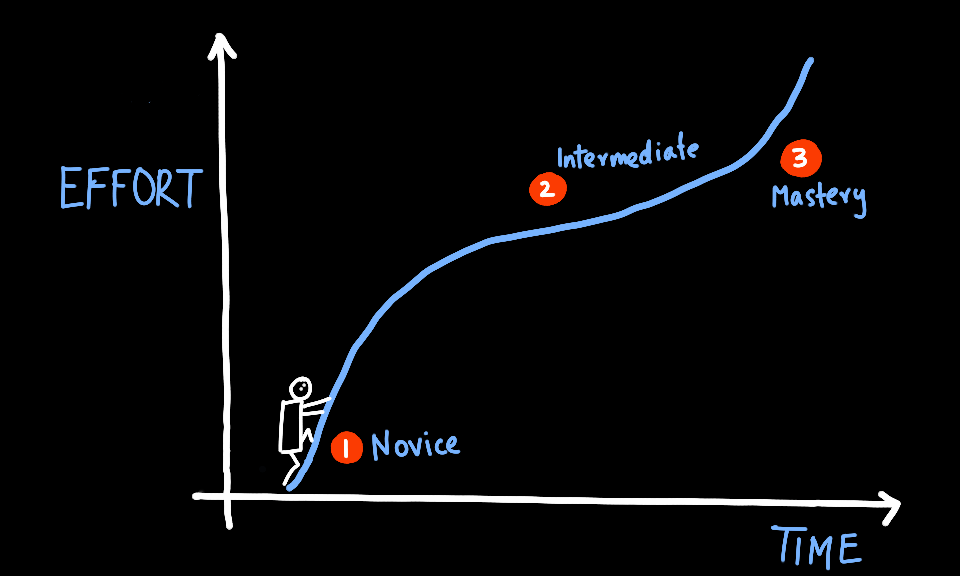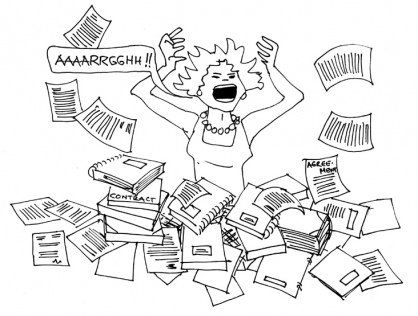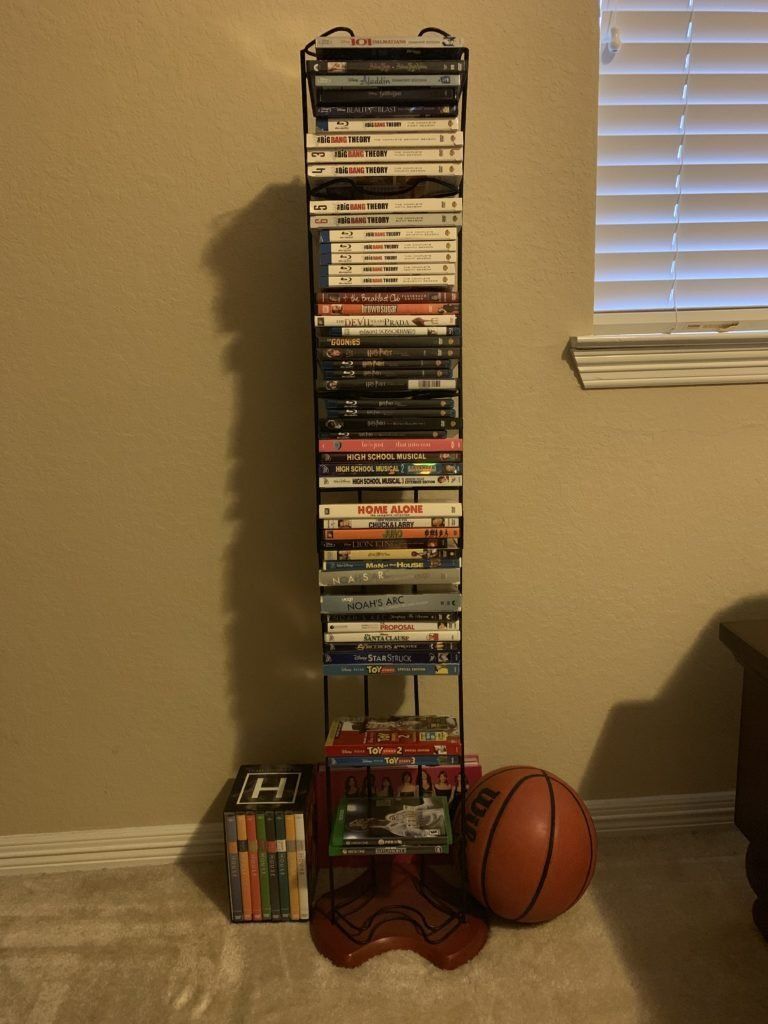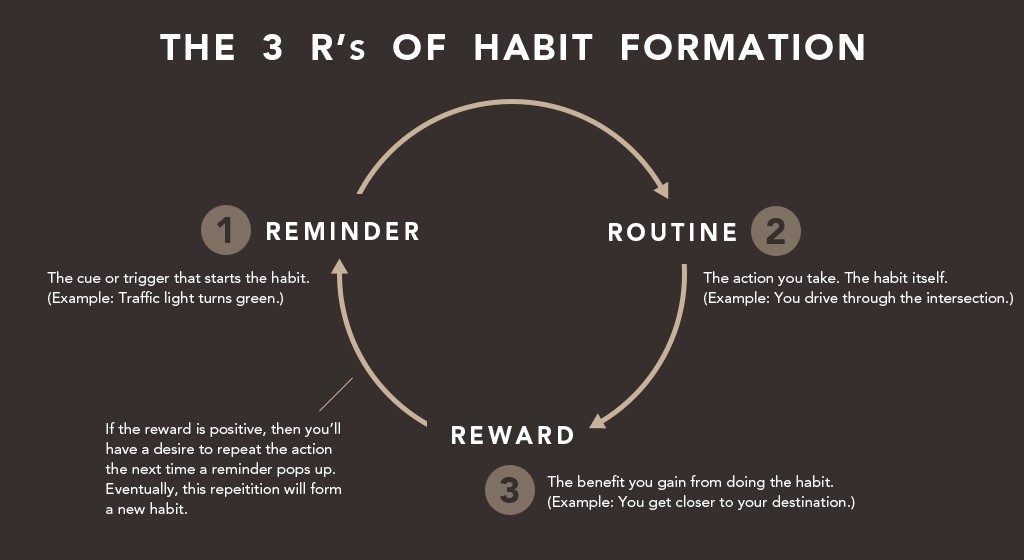Mental and Psychological Triggers
Anger, rage, sadness, jealousy, agony, betrayal, disgust. Just some words that express feelings that can be a trigger for some. These feelings are typically what we may feel following some event, experience, or altercation.
Past experiences, dwelling, the end of a relationship, a life stressor (losing a job, losing a family member, etc) any major life change can be a cause of a psychological trigger. Two of my triggers are dwelling on past experiences and trying to fix things that I simply am unable to fix.
Identifying what sets you off or what causes you to react in unhealthy ways is very important. Identifying these triggers when you are in a calm and less emotional state allows you the ability to create a plan on how to proceed as you encounter the above-mentioned feelings.
4 things to think about to help you identify your triggers:
1.What scenarios/experiences cause you to spiral out of control or turn into someone you are not?
- Examples: having to repeat yourself over and over, sudden change in the environment/”rules”, someone blaming you, feeling overwhelmed, etc
- Once you identify your triggers, write them down.
2. When in the heat of the moment, are you able to see or feel yourself getting to a point where you will become out of control? If yes, explain what you feel/do/see/etc. If no, what happens in the heat of the moment
- Yes, I feel my heartrate increasing. I will have more exaggerated hand movements and facial expressions. I change my body position (go from sitting to standing).
- No, I go from 0 to 100 instantly
3. How do you or do you have tactics that you work through in the heat of the moment to keep yourself calm? If yes, what are they? If no, why not?
- Yes, I take deep breaths. I count to 5 before responding to ensure the other person has completed their thoughts/comments. I ask for timeouts when I feel myself getting passed a certain level of emotion. I remind myself it’s not about winning, it’s about understanding and compromise.
- No
4. Do you use your coping techniques in the heat of the moment? If yes, are they effective? If no, why not?
- Yes, they are effective. I found some tactics work better in the workplace setting and others work better in a personal setting.
- No, I don’t think about my tactics in the heat of the moment. I just react and worry about apologizing later. I think it should be my way or it’s wrong. I get caught up in winning instead of understanding and listening.
I have provided some sample answers to each question to give you guidance on how to answer. The answers to these questions are personal to you but need to be taken seriously.
I can’t stress this enough… These are all important questions to honestly answer and think about when you are in a calm, non-emotional state. The answers to these questions will influence how you build your coping techniques and tactics going forward.
This is just the start of a multi-step process and journey that we are going to go through to help us all understand our mental state more effectively.
